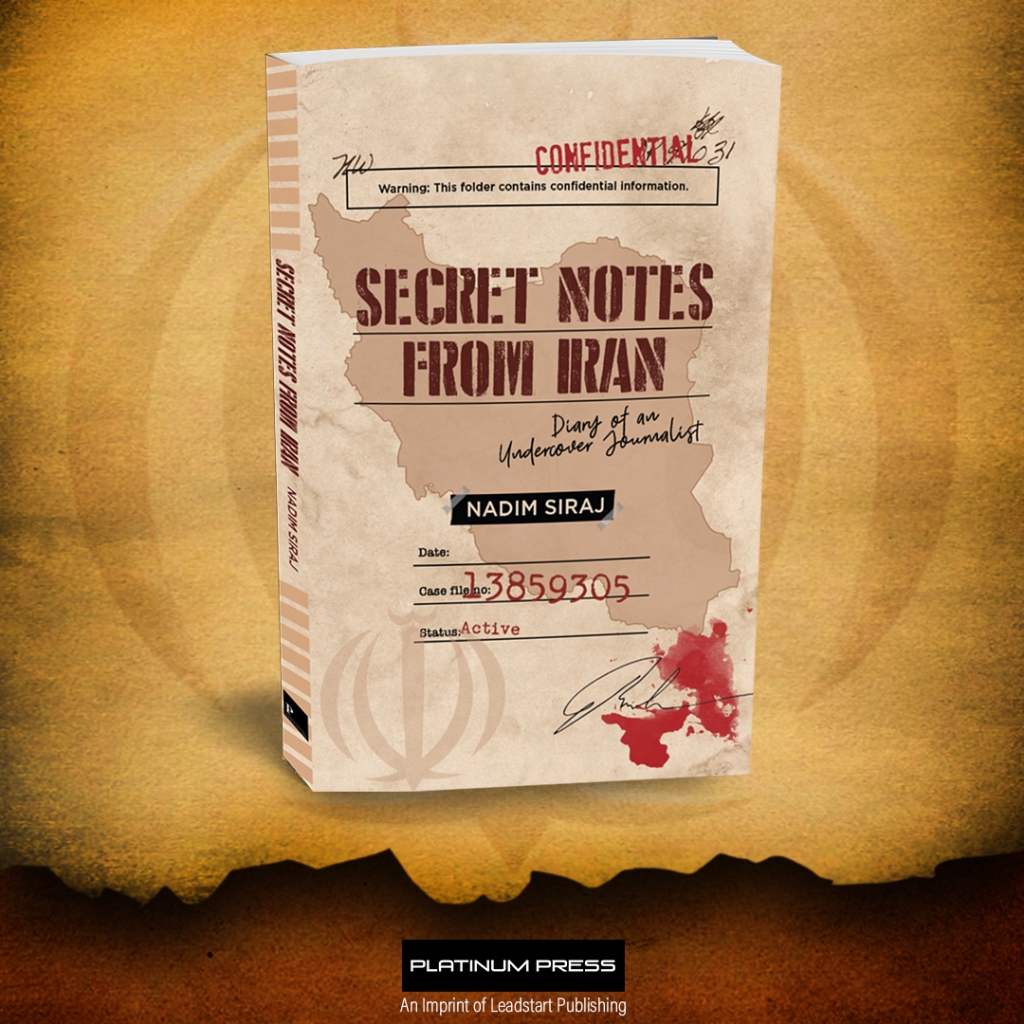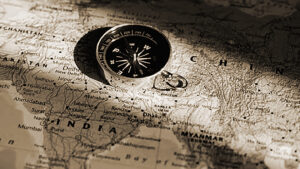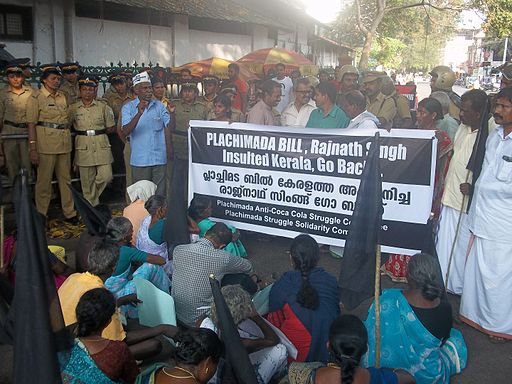THE WRITE LINE By Vidyarthy Chatterjee
September 1, 2020: W.H. Auden, the British poet, once wrote that many lives have been lived without love, but none without water – or words to that effect. Auden couldn’t possibly have written about the utter necessity of water without thinking of the billions and trillions of farming families who contributed since time immemorial to the making of human cultures and civilizations.
If these families needed land to practise their profession and earn their livelihood, they also needed water. In today’s world of aggressive industrialisation and consumerism, farmers are being forced to part with not just their land but also the water needed for crops to grow and fill the belly. Water-grab is as common a feature of corporatisation today as is land-grab. In this connection, the long-drawn confrontation between the farmers of Plachimada in Palakkad district of Kerala and the corporate giant Coca-Cola has passed into folklore and visual history.
Also Read: Were Hiroshima-Nagasaki Bombings ‘Terrorist Attacks’?
When the Hindustan Coca-Cola Beverages Limited set up its plant in Plachimada in 2000, the common people of the area, made up for the most part of so-called scheduled caste and scheduled tribe families depending on agriculture, could not have imagined that it was the beginning of a do-or-die battle with a powerful enemy.
Those people did not know that Coca-Cola had the reputation of being one of the world’s major “water thieves”, a charge levelled by the documentarian Irina Salina in her acclaimed film, Water. It took the Kerala government some nine years to set up a high-power committee to assess the extent of damage that the Coca-Cola bottling plant had done to the land and water resources of Plachimada.
After examining a body of irrefutable evidence against the company, the committee held it “liable for ecological degradation, ground-water pollution, drinking-water contamination, soil despoliation, consequential health damages, decline in agricultural income and loss of livelihood”.
Also Read: Araria Case Shows How Gender-Insensitive India Still Is
The findings of the committee clearly pointed to Coca-Cola’s culpability and claimed that the company should be made to pay compensation for the serious damage it had caused to natural resources which, in turn, had led to many social, economic, health and ecological problems. The committee had calculated with responsibility that the compensation to the victims should be in excess of Rs 200 crores.
But the apathy of a succession of governments in both New Delhi and Trivandrum towards taking action against Coca-Cola has disappointed the victims and their supporters. To make matters worse, in late 2015, the President of India, known to be a consistent supporter of big capital as a former commerce or finance minister of the government of India, turned his back on the people of Plachimada by denying assent to a bill aimed at setting up a tribunal to hear the compensation claims of victims of Coca-Cola .
Also Read: India’s Racism: Who Will Stand Up For Our Floyds?
Here, one would do well to remember that the grassroots movement in Plachimada had initially evoked lukewarm response, if at all, in Kerala politics cutting across parties and ideologies. The media, too, had shown no support for the victims in the beginning.
As Sarathchandran and Baburaj’s well-made and extremely important documentary about the beginnings of the movement show, support by the educated middle-classes started trickling in only after the progress of events had hinted at the possibility of the movement’s success.
There is nothing to be surprised in this since the history of the middle-class all over the world is nothing if not an endless tissue of engagement with if’s and but’s; the must’s and should’s slowly start creeping into the discourse only after the major battles have been fought and won, more often than not by the lower classes. Hesitation and worse still, prevarication are the very stuff of which the middle-class is made.
Also Read: Kashmir Revisited: One Year On
A Thousand Days and a Dream by Sarath and Baburaj gave exciting visual expression to the angst and determination of the Plachimada protesters. The stirring use of the slogans and songs of the protesters made watching the film a different kind of experience altogether.
There were also moving moments of quiet which acted as a counterpoint to the sequences of loud protest. One remembers Mayilamma to this day with affection and regard. Mayilamma, a greying middle-aged woman of silent grit, infinite patience, and pioneering vision, was a major driving force behind the movement.
She was the first to arrive each morning in front of the factory gate and clean up the thatch-roofed place where the protestors would sometimes take rest or children would be put to sleep so that their mothers got an opportunity to participate in the day’s proceedings.
When Mayilamma was given an award in recognition of her work and her leadership, she seemed anxious to share the credit for whatever had been achieved till then with her fellow-protestors.
When she died even as the struggle was still in its early phase, everyone living in and around Plachimada mourned like one mourns the loss of one’s own. One sees all this in the film and, hopefully, learns lessons in struggle, sacrifice and self-effacement.
Also Read: Entrapment: America’s Game Plan To Store India’s Oil
M.N. Giri, chairman of the Mayilamma Foundation which works to ensure, among other things, the dissemination of the ideas and ideals enshrined in her example, is on record that the Central and State governments are equally responsible for not doing enough to bring Coca-Cola to book.
Speaking to Frontline (March 4, 2016), Giri declared, “If the two governments are letting the company off the hook now, they are duty-bound to pay compensation to the victims. The victims include a large number of tribal families who need to be rehabilitated elsewhere…”
How badly these families were duped by the management of the Coca-Cola plant comes out in one sequence of Sarath and Baburaj’s film where the victims reveal that the company had passed off a thick sludge-like by-product as a useful manure capable of enriching the farm fields when in fact it contained toxic elements harmful to agricultural land.
The villainy of the company rested on its calculation that the cost of transporting the toxic sludge to distant dumps would be saved if the villagers could be bluffed into believing that spreading it out on their fields adjacent to the bottling plant would enrich the quality of the soil.
Also Read: While You’re Reading This, Your Thoughts Are Being Colonised
In this connection, the mind travels back to Bhopal and the gas tragedy that occurred in the Union Carbide factory on December 2-3, 1984 claiming thousands of lives and making it the worst industrial disaster in the world till then.
Just as in Plachimada, so also in Bhopal, the invisible hands of political and administrative gods worked overtime to bail the owners and managements of the errant companies out of trouble.
Public memory is short, but surely it cannot be so short as to so easily forget how Rajiv Gandhi’s personal intervention enabled Warren Anderson, the principal accused in the Bhopal gas tragedy, to flee India and escape from facing the law in this country. It would seem that Indian politicians have a special flair for coming to the rescue of wayward multinationals such as Coca-Cola and Union Carbide.
Vidyarthy Chatterjee is an eminent film critic and political analyst. He writes on socioeconomic, political issues, films, books, art and culture.
(Views expressed in the above piece are entirely the columnist’s personal opinion.)

A Book by Nadim Siraj
(The article was first published in Countercurrents.org)












